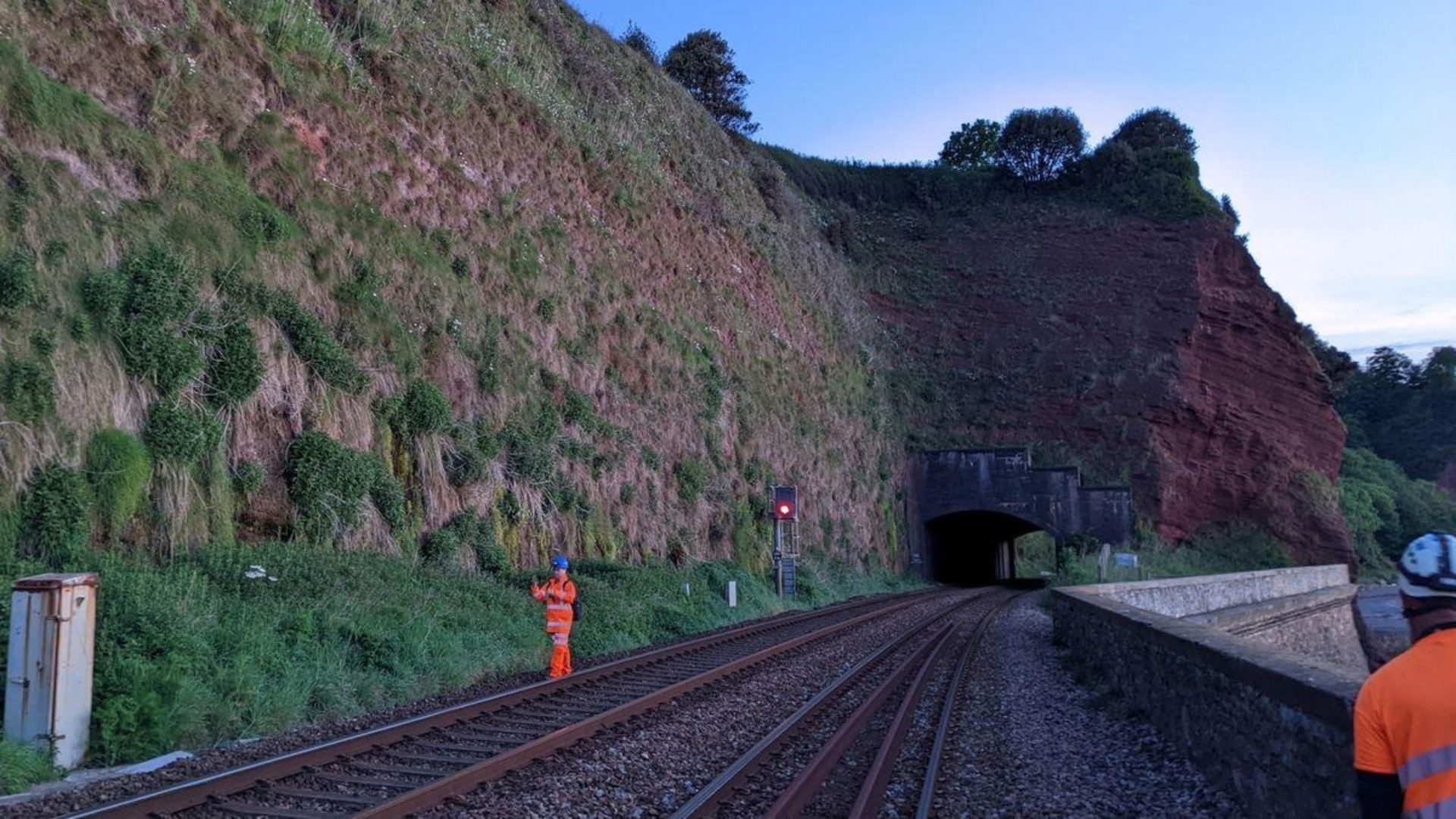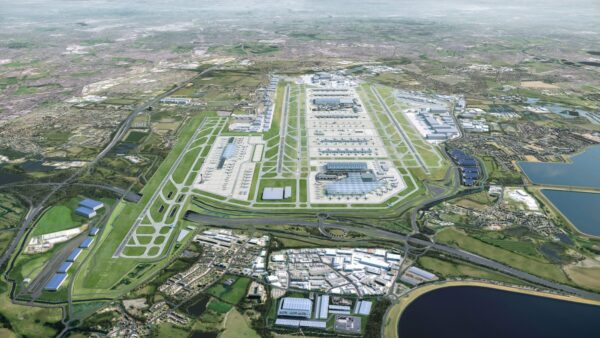
BAM has kicked off a £34.7m cliff resilience project for Network Rail to protect a coastal railway line in Devon.
Strong winds and high seas severely damaged the railway line that runs between Dawlish and Teignmouth in February 2014. The storm breached the wall between the sea and the railway and 80 metres of track were washed away.
The following month, a controlled landslip resulted in 20,000 tonnes of material being washed down from the cliff over the railway and into the sea.
In May, BAM completed an £80m government-funded project to rebuild the Dawlish sea wall. The new sea wall is 8m high, 2.5m taller than the previous one, and has 164 front panels, 203 precast blocks and 189 recurve units.
Matting and netting installation
The railway resilience works will involve installing coir matting on the cliff face, followed by 19,700 sq m of stainless steel netting, secured by more than 6,000 soil nails drilled to depths of up to 13m into the face of the cliff.
The nails are part stainless and part galvanised steel. The galvanised part of the nails will be deeper in the cliff to protect them from corrosion.
BAM will install temporary grey/blue matting over the cliff face for the safety of workers in the areas that fall within the Dawlish Cliffs Site of Special Scientific Interest.
The matting will be removed once the netting is installed. Coir matting will not be installed in this area to allow as much of the cliff face as possible to still be seen.
Most of the works will be done during the day, but some will need to be carried out on Saturday nights, when trains are not running and staff can work safely, said Network Rail senior programme manager Ewen Morrison.
BAM managing director of regions and transport, Alan Cox, said: “The wide variety of engineering solutions needed to achieve this resilience in a very challenging environment plays to our strengths. Together with Network Rail and the local stakeholders we aim to continue to deliver best value whilst minimising disruption to passengers and public alike.”
The project is part of the wider government-funded South West Rail Resilience Programme. Completion is expected in spring 2024.











